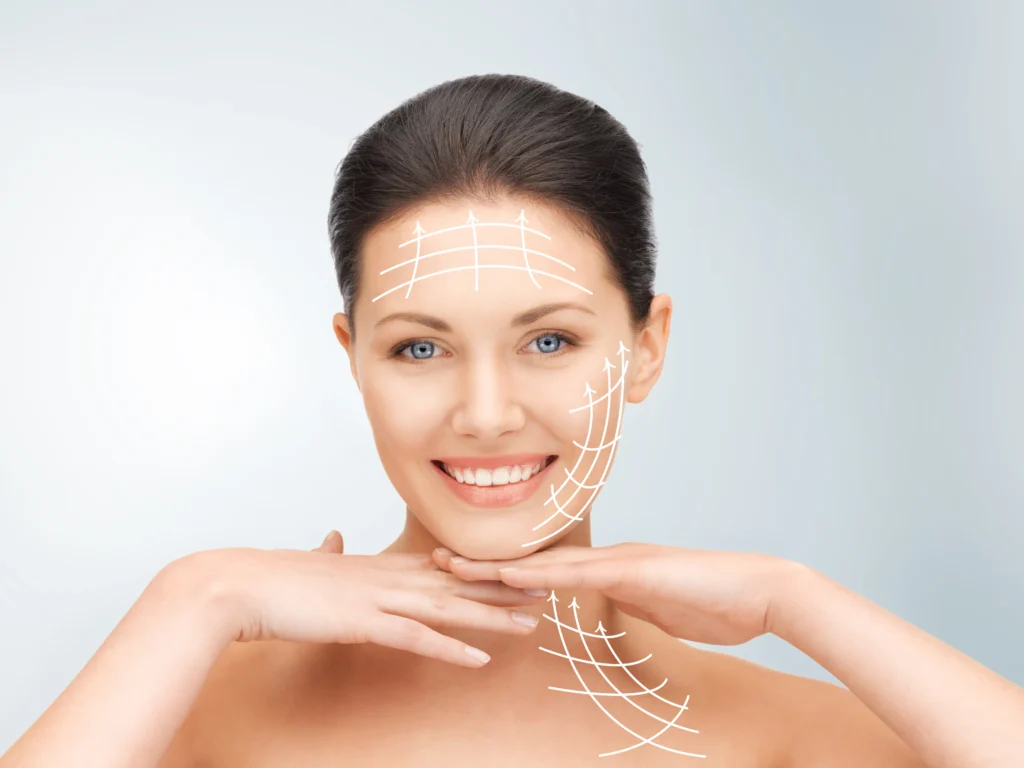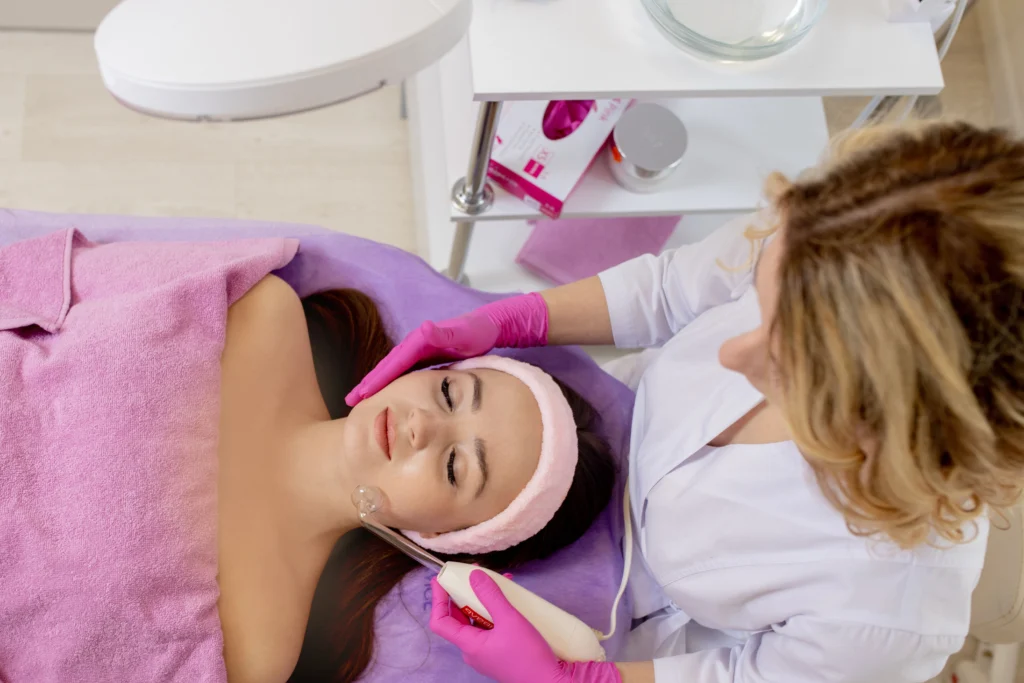Did you know that the global market for skin lightening treatments is projected to reach a staggering value by 2024? The demand for these products and procedures is soaring, reflecting a growing interest in achieving a lighter complexion.
With an array of options from topical creams to professional sessions, individuals are turning to these treatments to address various skin concerns.
From hyperpigmentation to uneven skin tone, the benefits of these products and procedures are gaining attention worldwide. As we delve into this topic, we’ll explore the indications, ingredients, and areas where these treatments work their magic.
Modern Skin Lightening Treatments

Role of Ingredients
Modern skin lightening treatments have advanced significantly, with a focus on using safer ingredients like kojic acid, arbutin, and licorice extract. These ingredients are known for their ability to inhibit melanin production without the harmful effects associated with hydroquinone.
These cutting-edge treatments harness the power of technology to target specific skin issues. For instance, laser treatments utilize advanced technologies to precisely target dark spots and hyperpigmentation.
By doing so, these procedures can effectively lighten the skin while minimizing damage to surrounding tissues.
In addition to this, chemical peels have also evolved in modern skin lightening procedures. The latest chemical peel formulations are designed to cater to different skin types, ensuring that individuals with diverse skin tones can achieve desired results safely and effectively.
These advancements in cosmetic procedures provide individuals with a wider range of options for addressing their specific skin issues.
Future Advancements
Looking ahead into 2024, we can anticipate further innovations in full-body skin lightening treatments that offer more comprehensive solutions for individuals seeking overall skin whitening.
With ongoing research into novel ingredients and state-of-the-art technologies, future treatment options aim not only at targeting localized areas but also at providing full-body solutions for those looking for uniformity in their complexion.
The Popularity of Skin Lightening

Cultural Influence
Cultural standards often emphasize fair skin as a symbol of beauty, leading to the popularity of skin-lightening treatments. In many cultures, individuals with lighter skin tones are considered more attractive and successful. This societal pressure drives people to seek methods for achieving a fairer complexion.
Skin tone can also be associated with social status in some communities, further fueling the desire for skin bleaching or whitening products. For example, in certain societies, having an even skin tone is linked to being part of the elite class. As a result, individuals may turn to various skin-lightening techniques to attain this desired appearance.
Media Representation
The media plays a significant role in promoting the idea that fair skin equates to beauty and success. Through advertisements and entertainment industries, there’s often an emphasis on fair-skinned models and celebrities as the epitome of attractiveness. This portrayal influences people’s perceptions about their skin color and leads them to pursue treatments aimed at achieving a lighter complexion.
Moreover, skincare companies frequently market products promising “glowing” or “radiant” skin, which subconsciously implies that darker or uneven complexions are undesirable. These marketing strategies contribute to creating a demand for skin lightening treatments, perpetuating their popularity.
Safety and Efficacy in Skin Lightening

Importance of Safety
Safety is paramount. It’s crucial to prioritize the well-being of your skin when considering these treatments. Many individuals seek out fairness creams or other products with the hope of achieving a lighter complexion, but it’s essential to be aware of the potential risks associated with these products. Some ingredients in certain skin-lightening treatments may have adverse effects on the skin, such as irritation, redness, or even long-term damage.
Individuals need to make informed choices about their skincare routines and be cautious about using products that promise drastic results without highlighting potential side effects. By prioritizing safety, individuals can avoid harmful consequences and maintain healthy skin while pursuing their desired aesthetic goals.
Need for Efficacy
In addition to safety, efficacy is also a critical factor in skin-lightening treatments. People often turn to glutathione injections or other methods with high hopes of achieving noticeable results. However, not all products deliver on their promises effectively. It’s essential for individuals seeking skin-lightening treatments to research and choose products that have been proven effective through reputable sources or reviews.
Ethical Considerations
Fairness Concerns
The skin-lightening industry raises ethical concerns regarding the promotion of fairness as a beauty standard. Many people argue that it perpetuates harmful stereotypes and promotes the idea that lighter skin is superior to darker skin.
This can lead to low self-esteem and even mental health issues among individuals with darker skin tones.
Furthermore, some products used in skin-lightening treatments may contain ingredients that are not only potentially harmful but also have questionable sourcing or production methods.
For instance, due to safety concerns, hydroquinone, a common ingredient in many skin-lightening products, has been banned or restricted in several countries.
On top of this, there’s an ethical issue concerning marketing tactics employed by some companies within the industry. Some advertisements for these products often use misleading before-and-after images or make exaggerated claims about their effectiveness. This can create unrealistic expectations and exploit people’s insecurities for profit.
Evolution in 2024
In 2024 and beyond, there is hope for a shift toward more ethical practices within the skin-lightening industry. With increasing awareness about diversity and inclusivity, consumers are becoming more conscious of the impact of their purchasing decisions on society.
As a result, there might be a growing demand for transparency from brands regarding their product formulations and advertising strategies.
Moreover, regulatory bodies could implement stricter guidelines to ensure that fairness concerns are addressed appropriately within the industry.
This might involve enforcing clearer labeling standards on product packaging and cracking down on false advertising claims related to skin-lightening treatment efficacy.
Choosing the Right Treatment
Safe and Effective
When considering skin-lightening treatment, it’s crucial to prioritize safety and effectiveness. Look for treatments that are gentle on the skin, avoiding harsh chemicals like corticosteroids. Opt for products with natural ingredients such as kojic acid, vitamin C, or licorice extract.
Consulting a dermatologist is essential to ensure the chosen treatment is suitable for your skin type. A professional can assess your specific needs and recommend safe options tailored to your skin concerns.
Importance of Professional Consultation

Seeking advice from a doctor or skincare professional before starting any treatment is vital. They can provide personalized recommendations based on your skin type, medical history, and any existing conditions.
Dermatologists can also guide you away from potentially harmful products or procedures that could damage your skin in the long run. Their expertise ensures that you make informed decisions about which treatments are best suited for achieving brighter and more even-toned skin.
Conclusion
So, Safety should be your top priority. With the popularity of these treatments on the rise, it’s crucial to weigh the ethical considerations and ensure that the method you select is both effective and safe for your skin.
Remember, the right treatment for someone else may not be the best choice for you. Always consult with a dermatologist or skincare professional to find the most suitable option for your specific needs.
Now that you’re armed with knowledge about modern skin-lightening treatments, take the time to consider the ethical implications and safety aspects before making a decision.
Your skin’s health is paramount, so don’t rush into any treatment without thorough consideration. Make an informed choice that aligns with your values and promotes both the health and beauty of your skin.
Frequently Asked Questions
Is skin lightening treatment safe for all skin types?
Skin lightening treatments should be chosen carefully based on individual skin types and concerns. Consulting a dermatologist is crucial to determine the safety and suitability of any treatment for your specific skin type.
How can I ensure the effectiveness of a skin-lightening treatment?
Effectiveness varies depending on the specific treatment used, individual skin characteristics, and adherence to recommended skincare practices. It’s important to follow post-treatment care instructions provided by your dermatologist for optimal results.
Are there ethical considerations when opting for a skin-lightening treatment?
Ethical considerations in choosing a skin-lightening treatment include understanding societal beauty standards, embracing diversity, and making informed decisions that prioritize overall well-being over conforming to unrealistic ideals perpetuated by media or cultural influences.



